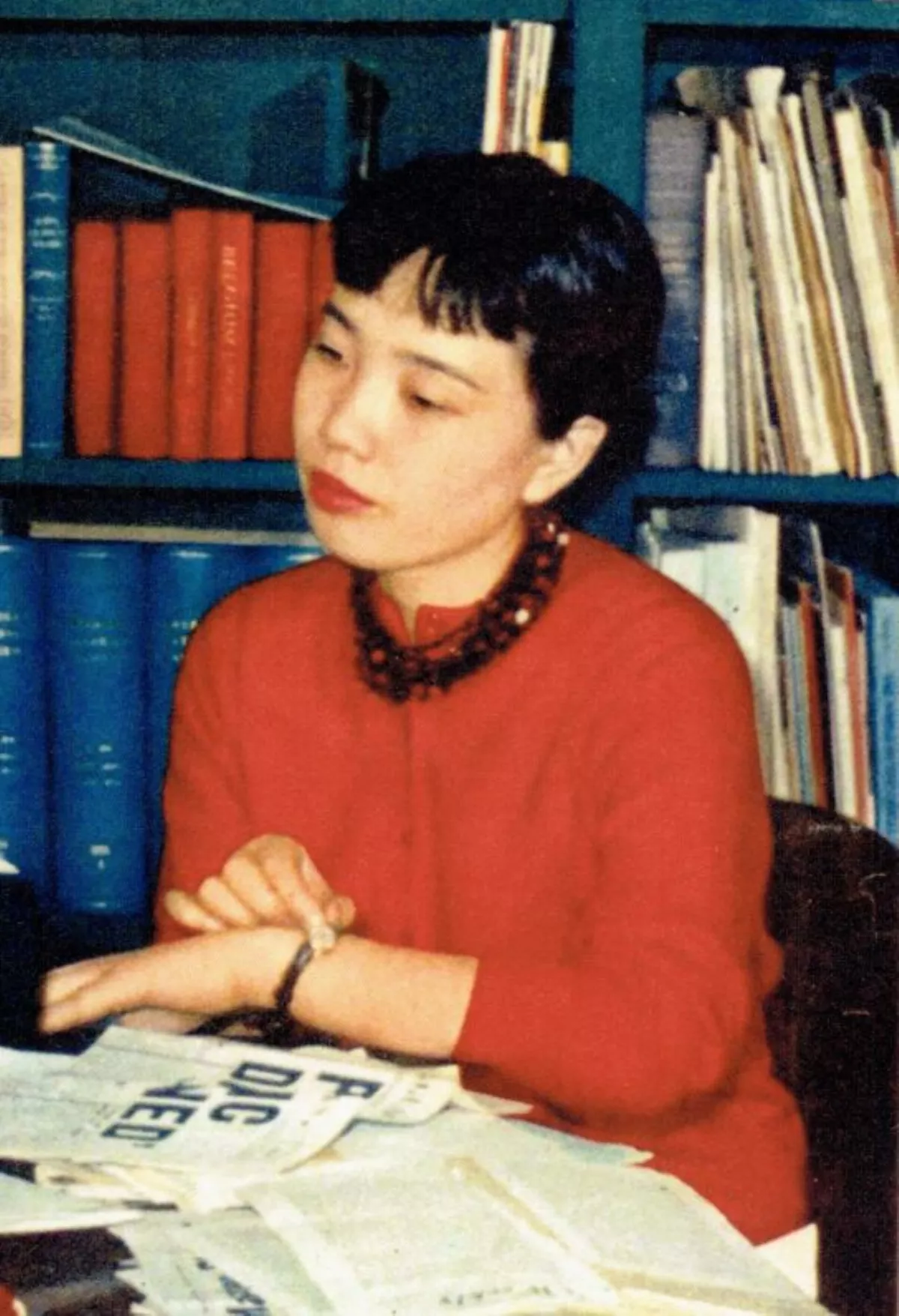 1.
1. Sawako Ariyoshi was a Japanese writer, known for such works as The Doctor's Wife and The River Ki.

 1.
1. Sawako Ariyoshi was a Japanese writer, known for such works as The Doctor's Wife and The River Ki.
Sawako Ariyoshi was known for her advocacy of social issues, such as the elderly in Japanese society, and environmental issues.
Sawako Ariyoshi had a fascination with traditional Japanese arts, such as kabuki and bunraku.
Sawako Ariyoshi described racial discrimination in the United States, something she experienced firsthand during her time at Sarah Lawrence, and the depopulation of remote Japanese islands during the 1970s economic boom.
Sawako Ariyoshi was born on January 20,1931, in Wakayama City, Japan, and spent part of her childhood in Indonesia.
Sawako Ariyoshi published several short stories in various journals while still in Japan.
Sawako Ariyoshi was nominated for the Bungakukai Prize for New Writers and the Akutagawa Prize, both for her work, Jiuta.
Sawako Ariyoshi was nominated for the Naoki Prize for Shiroi ogi in 1957.
In 1959, Ariyoshi moved to the United States and spent a year studying at Sarah Lawrence College.
Sawako Ariyoshi joined a dance troupe, and traveled extensively to get material for her novels, such as China Report.
Sawako Ariyoshi was the recipient of a Rockefeller Foundation Fellowship in 1959.
Sawako Ariyoshi is credited as a writer for multiple Japanese TV shows and movies, including adaptations of her books.
Sawako Ariyoshi died of acute heart failure on August 30,1984.
Sawako Ariyoshi was a prolific novelist and one of Japan's most famous female writers.
Sawako Ariyoshi's works dramatize significant social issues, such as the suffering of the elderly, the effects of pollution on the environment, and the effects of social and political change on Japanese domestic life and values, and focus particularly on the lives of women.
Sawako Ariyoshi was nominated for many awards, and won several, including the first Mademoiselle Reader's Award for Tsudaremai, the sixth Fujin Koron Readers' Award, and the twentieth Art Selection Minister of Education Award, both for Izumo no Okuni.